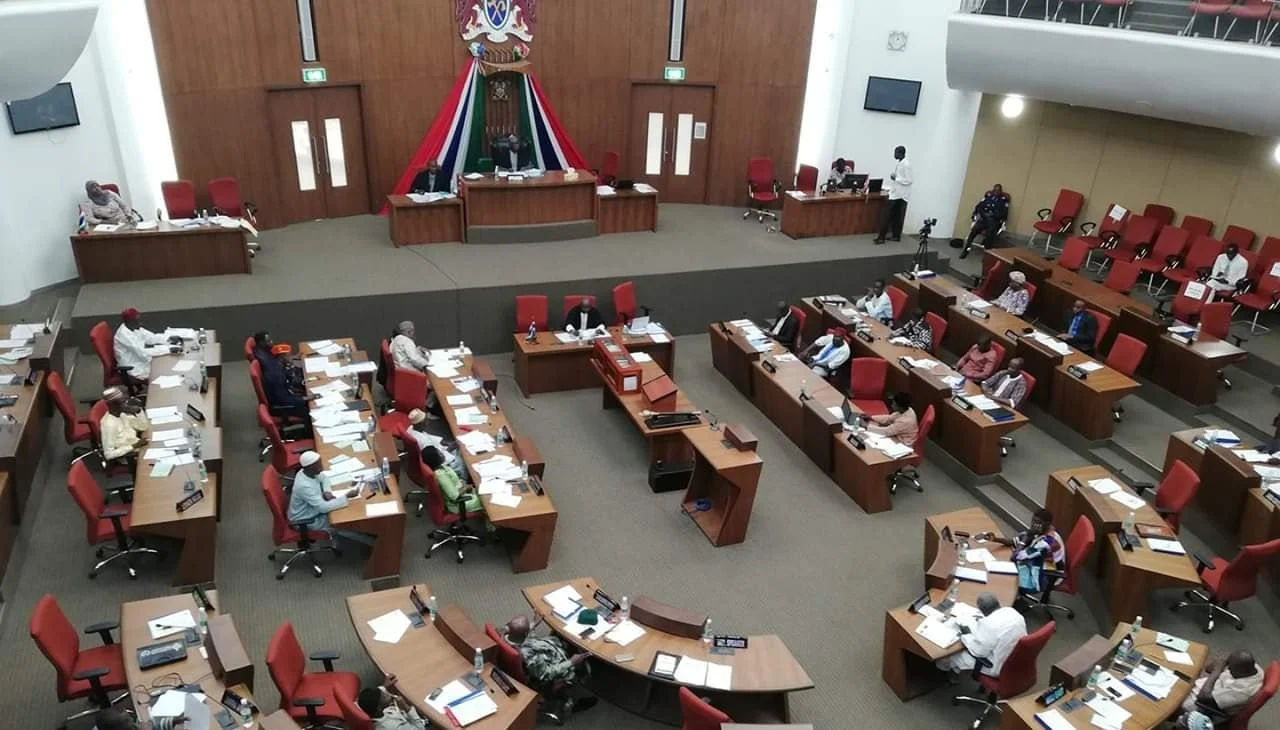These essay series are intended as a modest contribution to the ongoing constitutional dialogue and to bring out the major landmarks in the Final Draft by identifying the significant additions from the perspective of constitutional democracy and human rights. By landmarks, I refer to those major additions that have immediate and significant ramifications on the existing state architecture from the legislature, the executive, the judiciary, and individual rights. These analyses proceed on the theory that the basic essence of a constitution is to prevent tyranny and ensure efficient delivery of socio-economic services, on account of the state’s central role of safeguarding the dignity of individuals. Equally, a Constitution must empower the government to effectively and efficiently deliver its functions to the citizens. The content of the Final Draft has ever since provoked different reactions, with mixed feelings of hope, national accomplishment, and skepticism. Some of my learned friends at the Bar have rightly described it as ‘a very ambitious constitution’ while few skeptics have described it as ’carbon copy’ of the 2010 Kenyan Constitution.
There seem to be some element of truth in all these reactions if one considers the lofty visions of the Final Draft and the obvious similarities, almost word for word in certain provisions, with the 2010 Kenyan Constitution. However, even though a Constitution is supposed to derive its uniqueness from the views and aspirations of the people, it remains an instrument of governance that is usually grounded in universal values and principles that cut across countries, people, geography, and time. Such values may include democratic pluralism, administrative fairness, separation of powers, transparency, accountability, and human rights. The importance of these values in the Final Draft should remind us of the consequences of their absence in the affairs of a state. One just needs to follow the testimonies of witnesses before the truth commission to appreciate the gruesome price paid by many Gambians in a state of constitutional disregard. Therefore, some of the values can be seen as responses to the recent past of the country.
In the interest of providing a counter to this ‘plagiarism of the Kenyan Constitution argument’, I must state that when position papers were submitted by individuals and organisations, some of these papers explicitly asked the Commission to adopt certain provisions from other Constitutions including the Kenyan Constitution. If the commission copied some of these sections, it was because the commission took into consideration the views of the Gambian people, as it is obligated to.
It is only natural that I commence this reflection with certain core values that underpin the Final Draft noting the fact that the framers have set the basic structures of the draft Constitution on certain core values. Foremost, the Preamble. It provides that we give ourselves and future generations ‘this Constitution as a beacon of hope, stability and national unity, progress, peace, and prosperity.’ Section 1 (1) maintains the democratic pluralism of The Gambia and beautifully put to rest the contentious secularism debate under sub-section (2) with the consequence of guaranteeing fair treatment of all faiths. In addition to these democratic values, Chapter 3 is dedicated to ‘national values and principles.’ It is my view that the inclusion of these values in the operative texts or provisions of the Final Draft indicates the real effects that are intended to bear on the conduct of the state and the people. They strengthen the guiding principles in the Preamble. This reflects a departure from the 1997 Constitution, wherein the national values are subsumed in the Directive Principles of State Policy with a caveat that they are not justiciable. However, section 11 of the Final Draft provides that national values bind all state organs, local government authorities, public officers, and all persons where they interpret, enact, or make public policy decisions.
On leadership, Section 24 of the Final Draft enumerates the virtues of ‘desirable leadership’ in public offices requiring a commitment to integrity, accountability, transparency, respect for the rule of law, dignity, and selfless service to the public interest. The rationale for the inclusion of these virtues in public administration means that the framers do not rule out the fact that the change of government in 2016 may not automatically end the complicit culture that transforms seemingly good leaders into unaccountable tyrants.
Professor Charles Fombad argues that to ensure that the good people put in public offices do not become the tyrants and dictators we abhor, constitutions must be devised that do not only promote constitutionalism but also guarantee accountability and responsibility. Therefore, the above principles do not only serve as benchmarks to ensure accountability of public offices, but they also impose constitutional commitments of selfless service by the leaders towards the general public from whom every leadership derives its legitimacy.
The next analysis will focus on the elaborate and extensive bill of rights in the Final Draft. It is often said that a bill of rights may occupy a small portion of a Constitution, but it has the potential to safeguard individuals from tyranny on the basis of universal standards and benchmarks.






